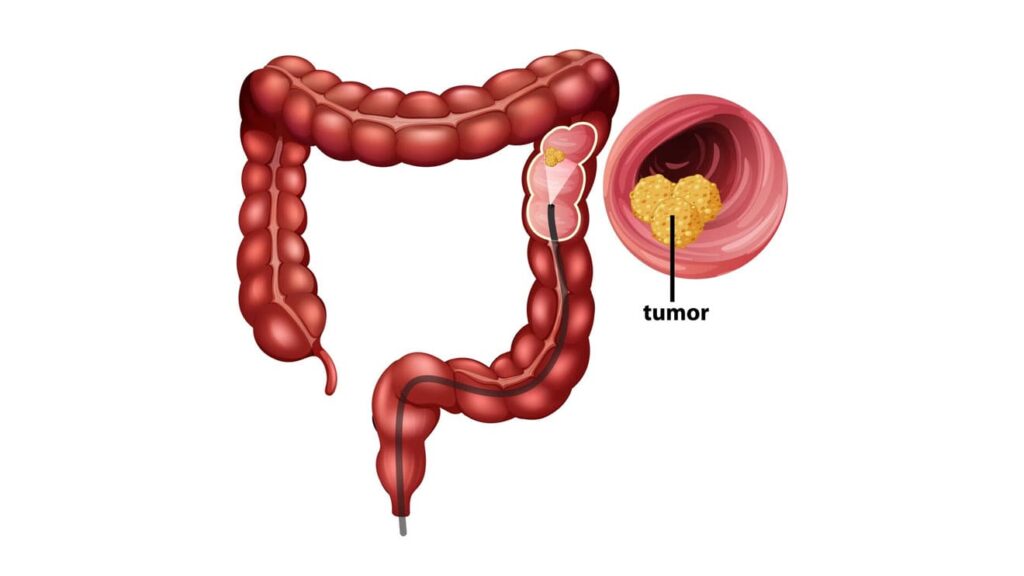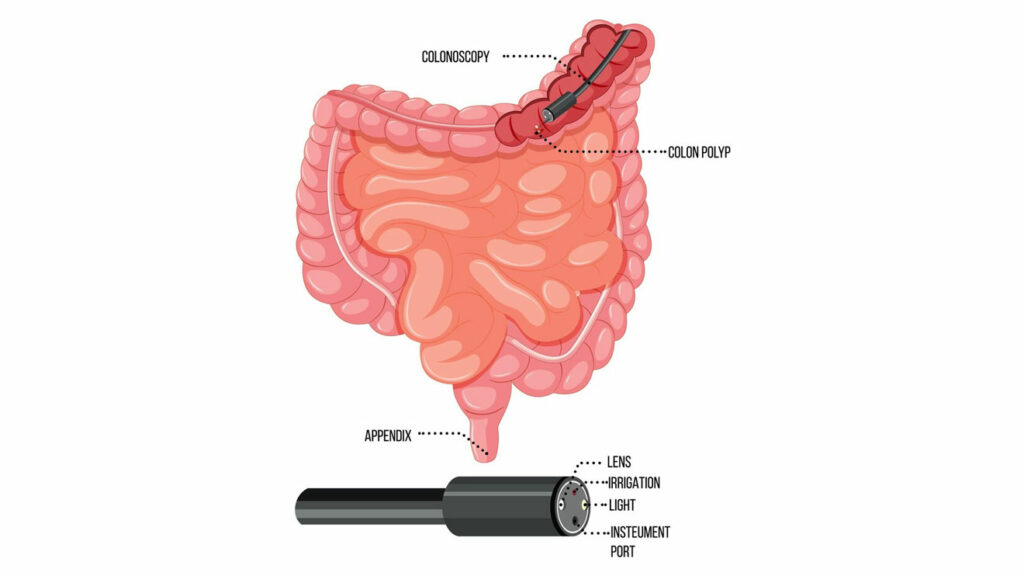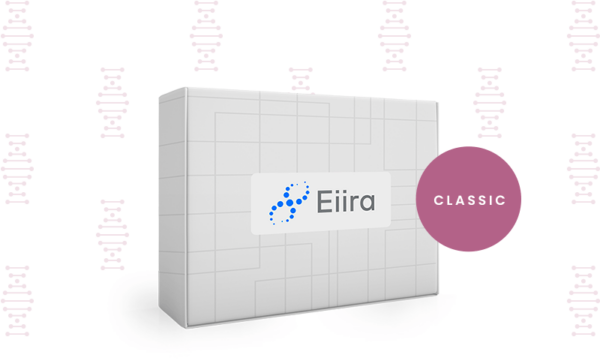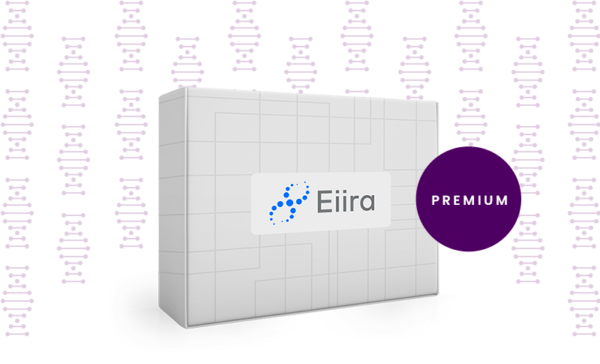
- What is Lynch syndrome?
- Does Lynch Syndrome run in families?
- What type of cancer does Lynch Syndrome cause?
- How common is Lynch syndrome?
- What causes Lynch syndrome
- Who should undergo genetic testing?
What is Lynch syndrome?
Lynch Syndrome, which previously was known as Hereditary Nonpolyposis Colorectal Cancer (HNPCC), is an inherited condition that increases the risk of many types of cancer, especially colorectal cancer.
It is caused by pathogenic genetic variants in four specific genes that help repair DNA damage.
People with Lynch Syndrome have a significantly increased risk of developing colorectal and endometrial cancer as well as an increased risk for other cancers such as ovarian, stomach, urinary tract, and brain cancers.
The lifetime risks of developing colorectal and endometrial cancers are within the range of 30 - 70%.
Does Lynch Syndrome run in families?
Lynch Syndrome is passed down within families. If a close relative (parent, sibling, or child) has been diagnosed with Lynch Syndrome, there is a 50% probability, that you have inherited the condition as well. This is called autosomal dominant inheritance.
It is important to note that not everyone with Lynch Syndrome will develop cancer.
However, people with Lynch Syndrome have a higher risk of developing cancer than the general population. Therefore, it is important to be aware of the signs and symptoms of Lynch Syndrome and to undergo regular cancer screenings.
If you have been diagnosed with Lynch Syndrome, your doctor will recommend more frequent cancer screenings, such as colonoscopies and endoscopies, to detect any signs of cancer early.

Your doctor will also recommend genetic counseling and explain current genetic tests for cancer risk to your family members to determine whether or not they have inherited the syndrome.
What type of cancer does Lynch Syndrome cause?
- Colorectal cancer
- Stomach cancer
- Urinary Tract Cancer
- Liver cancer
- Small Intestine Cancer
- Pancreatic
- Brain Cancer
- Ovarian cancer
- Uterine (endometrial) cancer
How common is Lynch syndrome?
According to estimates, about 1 in every 300 people may be carriers of a gene variation in one of the four genes that are associated with Lynch syndrome.
What causes Lynch syndrome
The genes associated with Lynch syndrome (MLH1, MSH2, MSH6, and PMS2) codes for proteins that are responsible for the repair of DNA mismatch errors. When one of these proteins does not function properly, as a result of a pathogenic variant in one of the genes coding for the protein, DNA error can accumulate, which leads to an increased risk of cancer.
Who should undergo genetic testing?
If you fall into any of the criteria below, consider getting a genetic test for cancer risk done.
- A family member is diagnosed with Lynch Syndrome.
- Someone in the family is diagnosed with colorectal or uterine cancer before 50 years of age.
- You have more than one first-degree or second-degree relative (including aunts, uncles, grandparents, grandchildren, nephews, and nieces) diagnosed with colorectal cancer.
- You have a family history of other types of cancers, which include pancreatic cancer, kidney cancer, bladder cancer, ureteral cancer, brain cancer, gallbladder cancer, small intestine cancer, and ovarian cancer.
References
- Cancer.net Lynch Syndrome
- National Library of Medicine Lynch Syndrome
- Medlineplus.gov Lynch Syndrome

